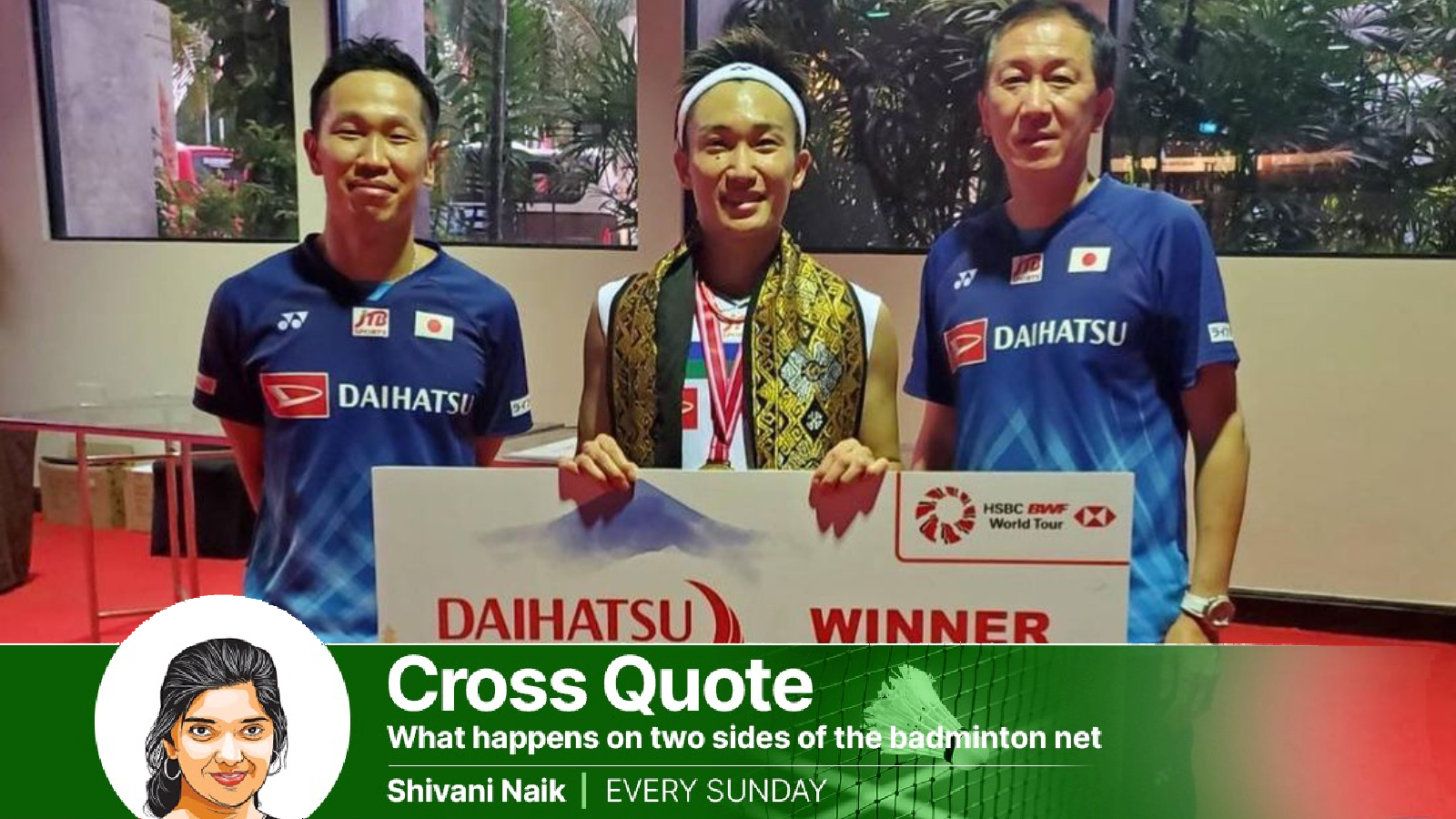Park Joo-bong, a former Korean doubles legend and the longterm director of Japanese badminton for 20 years, put into place robust systems to nurture the much-loved but low-key sport. He wasn’t looking to build a factory of champions, though matching China’s longtime success was certainly a goal. But he shepherded players who would turn out to be excellent athletes, respectful, well-behaved competitors, and most importantly composed, balanced, happy humans who loved badminton, and didn’t view the sport as a torturous path to global success.
He stoically and gracefully guided Kento Momota , Nippon badminton’s poster boy, through international dominance with 3 world titles, suspension post a gambling ban, a strong comeback, loss at the Olympics and a tragic accident and an emotional retirement. Ambition was recalibrated to adopt a humane approach, as Momota was gently guided to enjoy his time on the badminton court, and not discarded or unduly pushed to regain past levels. It was as democratic and collaborative a system as sports could get, with the athlete’s well-being at its core.

Japan tasted unprecedented success in doubles, mixed doubles and women’s singles in this time. Nozomi Okuhara and Akane Yamaguchi, scouted out when young, proved that you didn’t need to be tall and powerful to find top-level success as their inherent skills were maximized, and games polished to World Championship perfection. With Tomoka Miyazaki and Kodai Naraoka and a host of other suc.
















